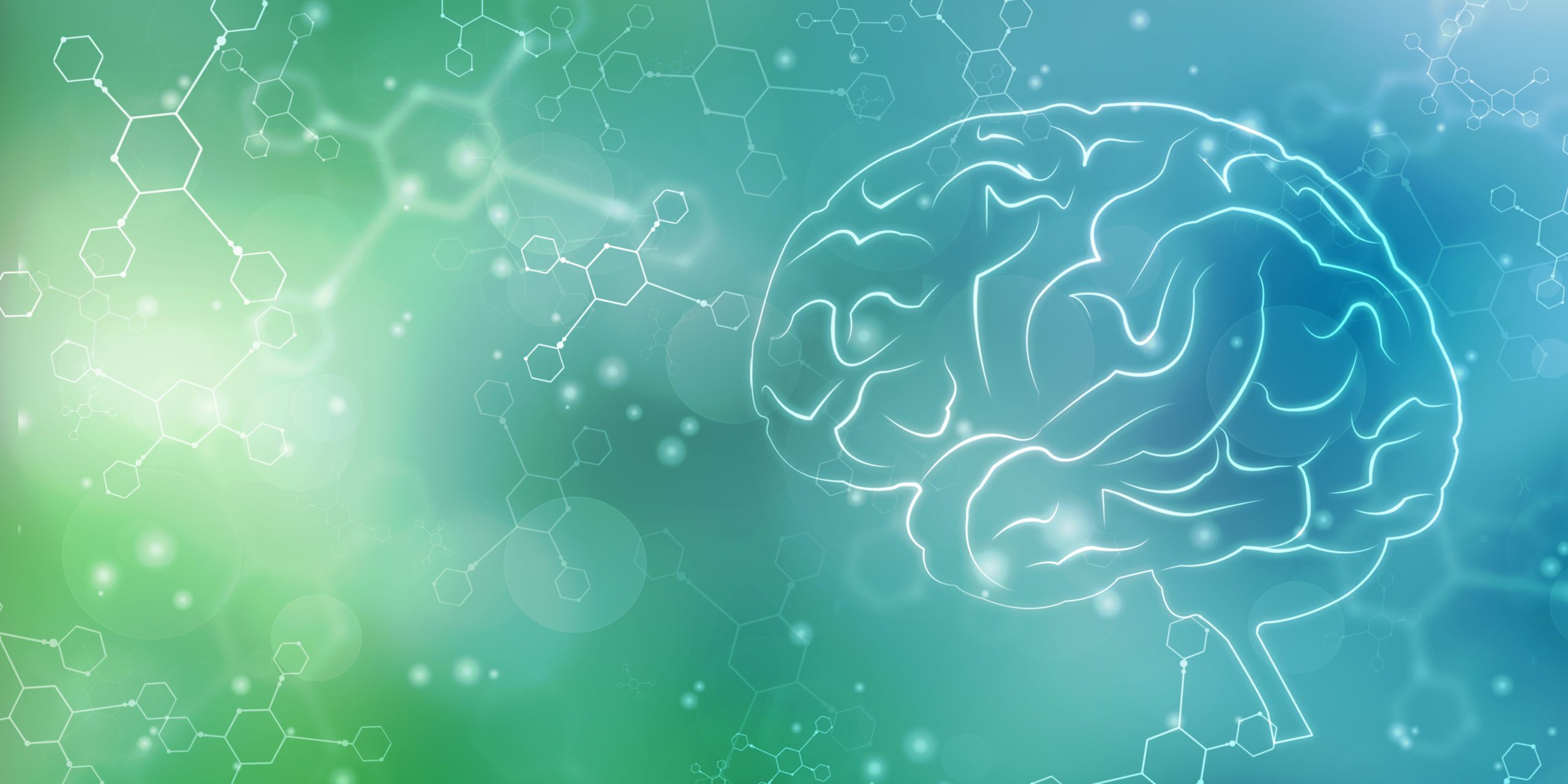
Classic rehabilitation combined with new forms of therapy – drug therapy and brain stimulation techniques – at the Bad Pirawarth Clinic
Rehabilitation of stroke patients is – besides acute therapy – the most effective treatment option for improvement of lost functions.
In the therapy centre Pirawarth patients have the possibility, parallel to classic rehabilitation, to receive a special treatment method which consists of non-invasive brain stimulation and infusions with the neuropeptide preparation Cerebrolysin.
The so called triple therapy is a new therapeutic approach which is also currently researched at the Klinik Bad Pirawarth. Three established therapy options are combined and used in a strict and scientifically evidenced standardized protocol.
By combining electric brain stimulation ( a very weak direct current for external stimulation with electrodes) with a pharmacological agent approved for post-stroke recovery and classical physiotherapy progress can be made even for patients with chronic post-stroke impairments.
Non-invasive brain stimulation, which is applied through the scalp, stimulates the damaged nerve cells to increase their activities. This change in neuronal excitability should facilitate the re-learning of lost functions, especially in patients with impaired motor functions.
Infusions with the neuropeptide preparation Cerebrolysin, a medication which has been used for several decades in stroke therapy, contain a multitude of neuropeptides. They stimulate the body’s own processes to activate nerve cells which leads to the formation of new and stronger neuronal networks.
This new therapeutic approach, combining different therapies, should enhance natural repair mechanisms of the brain and – as a consequence – promote the brain’s ability for learning, especially in patients for whom the traditional therapeutic measures didn’t reach the expected and desired goals.
By this therapeutic approach the brain receives a jump start to recover lost functions again.
According to clinical rehab expert and head of this trial, Primarius Dr. Andreas Winkler, promising results can already be interpreted from smaller, experimental studies based on the available data. These positive treatment signals increase the hope of the efficacy of this triple therapy.